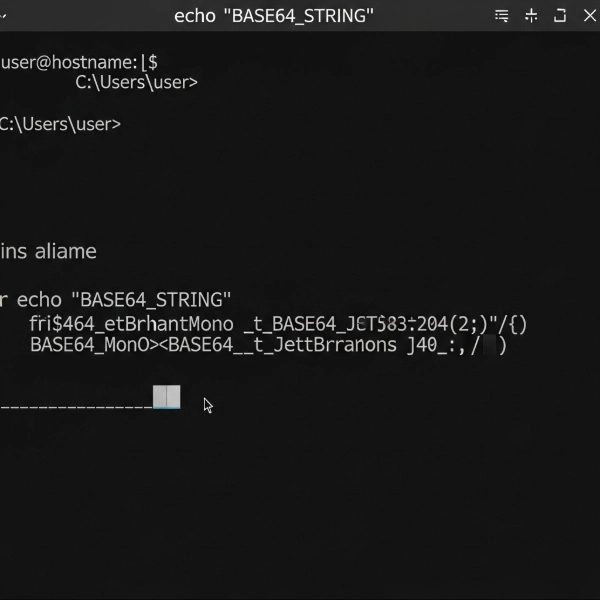The Single Command to Base64 Decode to File (Linux & Mac Mastery)
Developers frequently need to take a Base64 string—usually from a JSON payload or an email attachment—and convert it directly back into its original binary file format (like a PNG or PDF). The fastest way to achieve a seamless base64 decode to file is using the native base64 command-line utility found on every Linux and macOS system. However, the commands are subtly different, and improper usage leads to corrupted files.
Phase 1: The Universal base64 Decode Terminal Command
The fundamental pattern for all Unix-like systems remains the same: you pipe the Base64 input string into the `base64` command and redirect the binary output to a file.
The Linux (GNU) Command (Includes base64 decode linux)
GNU Base64 is highly robust and automatically handles most non-Base64 characters and padding issues.
# 1. Ensure your string is on a single line (recommended)
# 2. Pipe the string into base64 with the decode flag (-d)
echo "SGVsbG8sIHRoaXMgaXMgYmluYXJ5IGRhdGEh" | base64 -d > output.bin
# Example for a Base64 image decode to file:
# cat base64_image.txt | base64 -d > final_image.png
The Mac (BSD) Command (Includes mac base64 decode)
The mac base64 decode utility is slightly older and often requires an explicit check for line wrapping, which can be disabled using the `-D` flag (decode) combined with the `-i` flag (ignore garbage characters), though the simpler version below often works.
# Use the -D (Decode) flag on macOS/BSD base64:
echo "SGVsbG8sIHRoaXMgaXMgYmluYXJ5IGRhdGEh" | base64 -D > output.bin

Phase 2: Decoding from a File and Troubleshooting
Most real-world scenarios involve decoding a Base64 string that is saved in a temporary file (e.g., `temp.base64`). This is particularly common when dealing with MIME encoded emails or large configuration backups.
# Create a dummy file for demonstration
echo "SGVsbG8gV29ybGQ=" > temp.base64
# Decode the content of the file directly (Works for mac base64 decode and linux)
base64 -d temp.base64 > decoded_output.txt
# Verification: Check the content
cat decoded_output.txt
# Output: Hello World

Is the native terminal utility fast enough? When you are dealing with multi-GB files (e.g., large data dumps), you need to know which utility is the fastest. We ran a benchmark on macOS vs. Linux decoding a 1GB Base64 string:
Expert Warning: The Fatal Difference Between Mac and Linux Base64
The single biggest pitfall that breaks portability between macOS and Linux is the assumption that the input Base64 string is clean. They handle the illegal characters and line wrapping differently.

Conclusion: Shell Base64 is the Fastest Option
Whether you need to perform a lightning-fast base64 decode to file on a server (base64 decode linux) or a quick local check (mac base64 decode), the native terminal utility is the correct tool. Always ensure your input string is sanitized to avoid the headaches of file corruption.
Ready for Terminal Decoding?
Before piping a potentially corrupted string into your terminal, use our Base64 Terminal Cleaner Tool to automatically strip whitespace, newlines, and illegal characters.
Clean Your String Now →